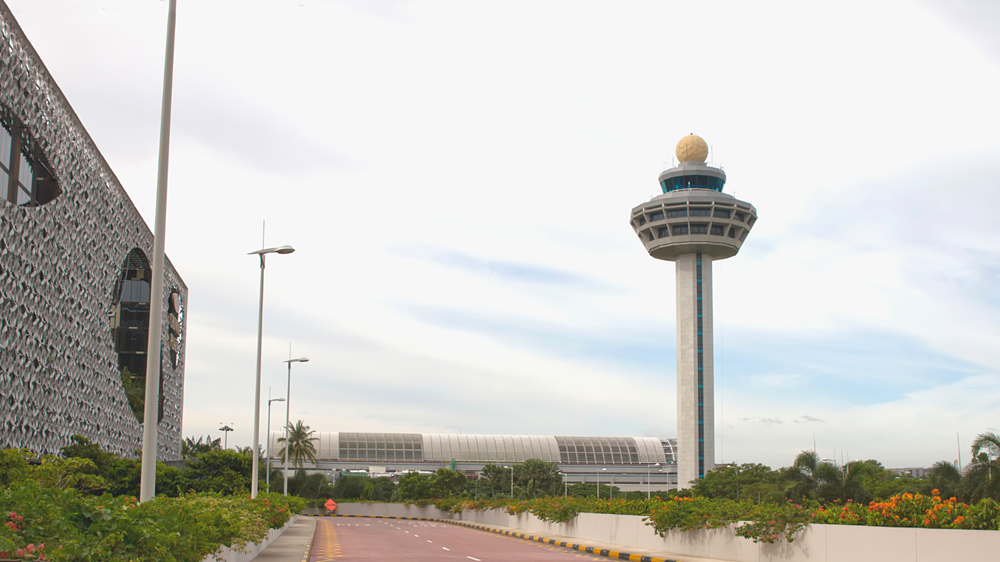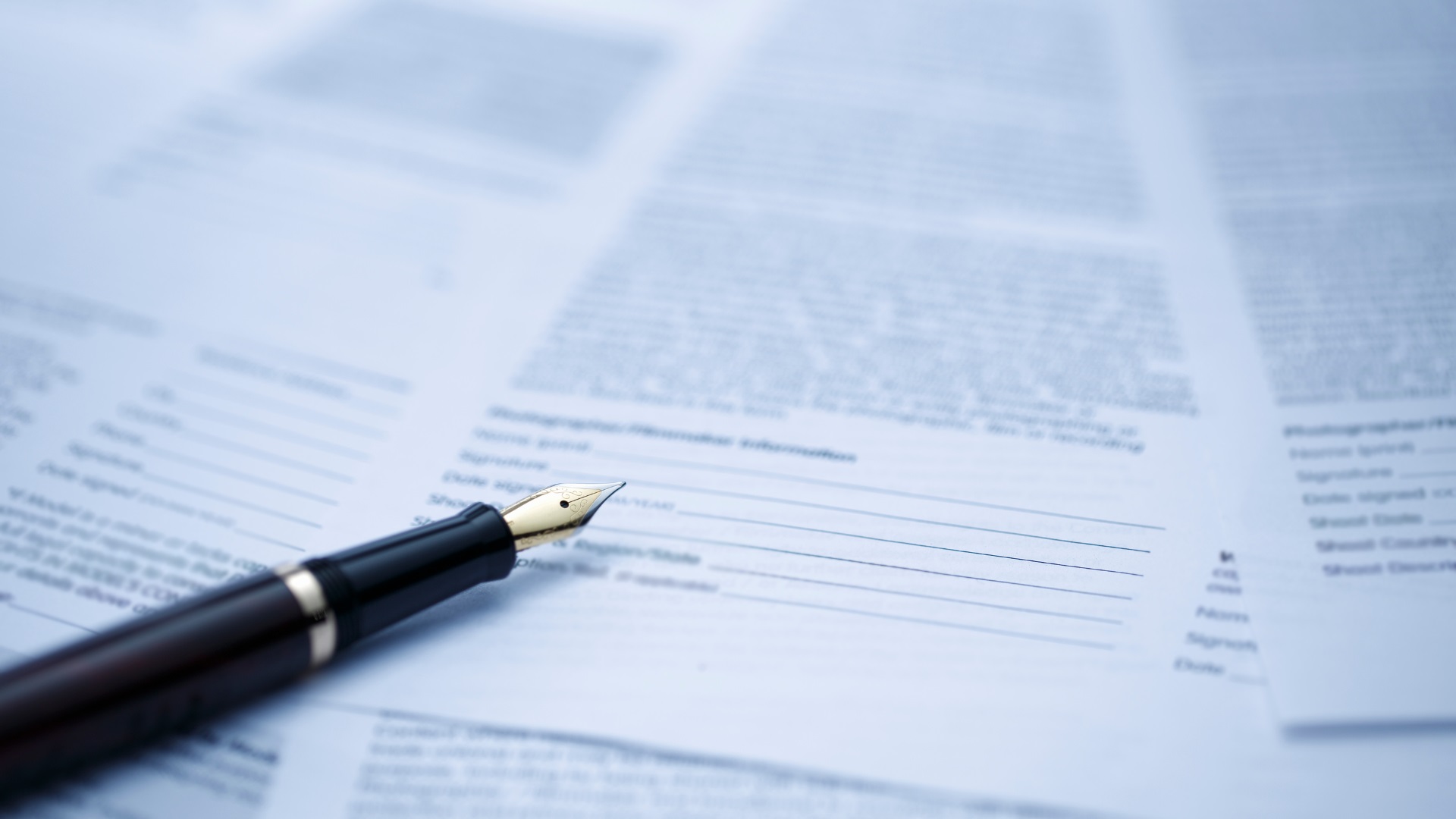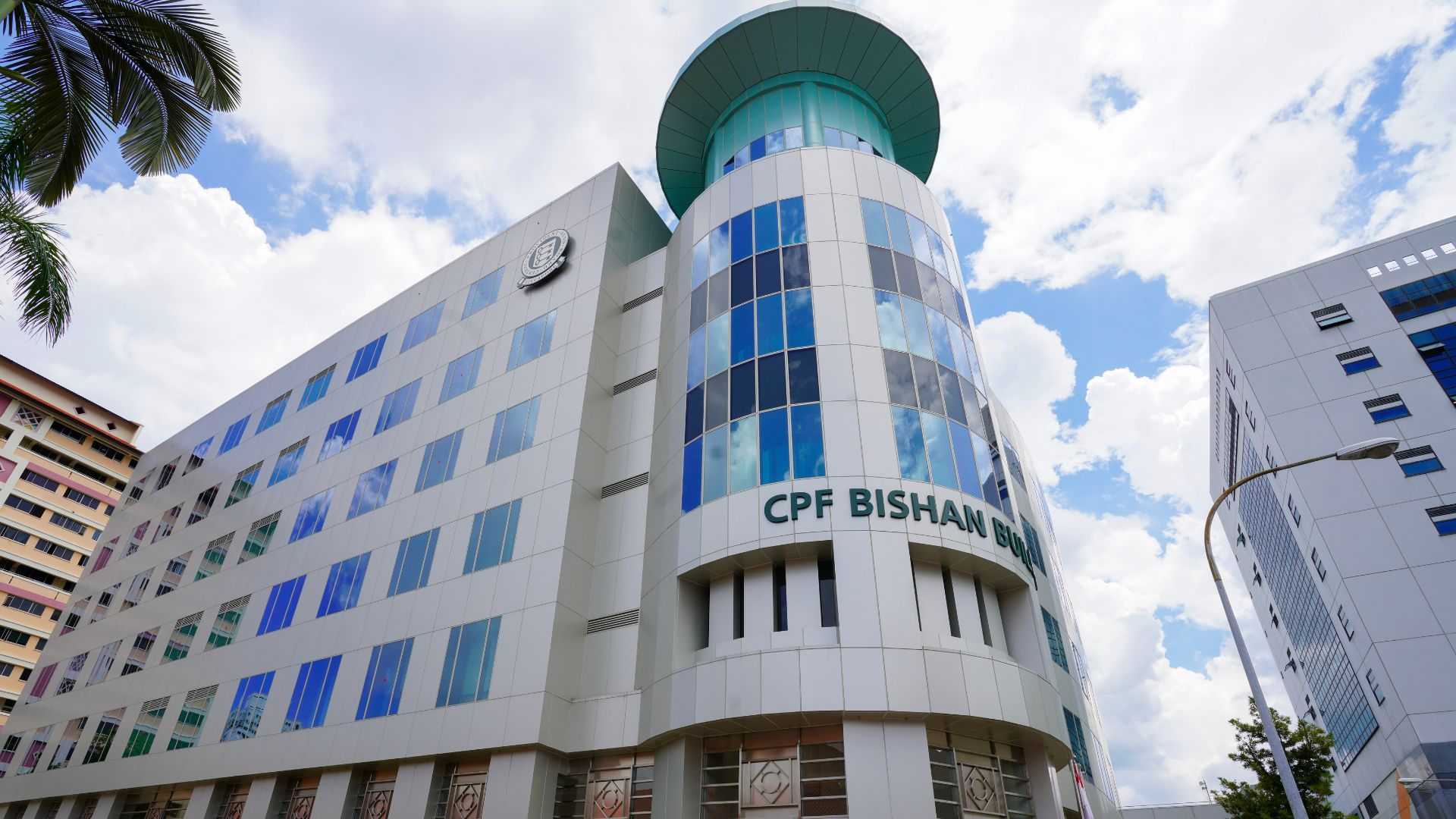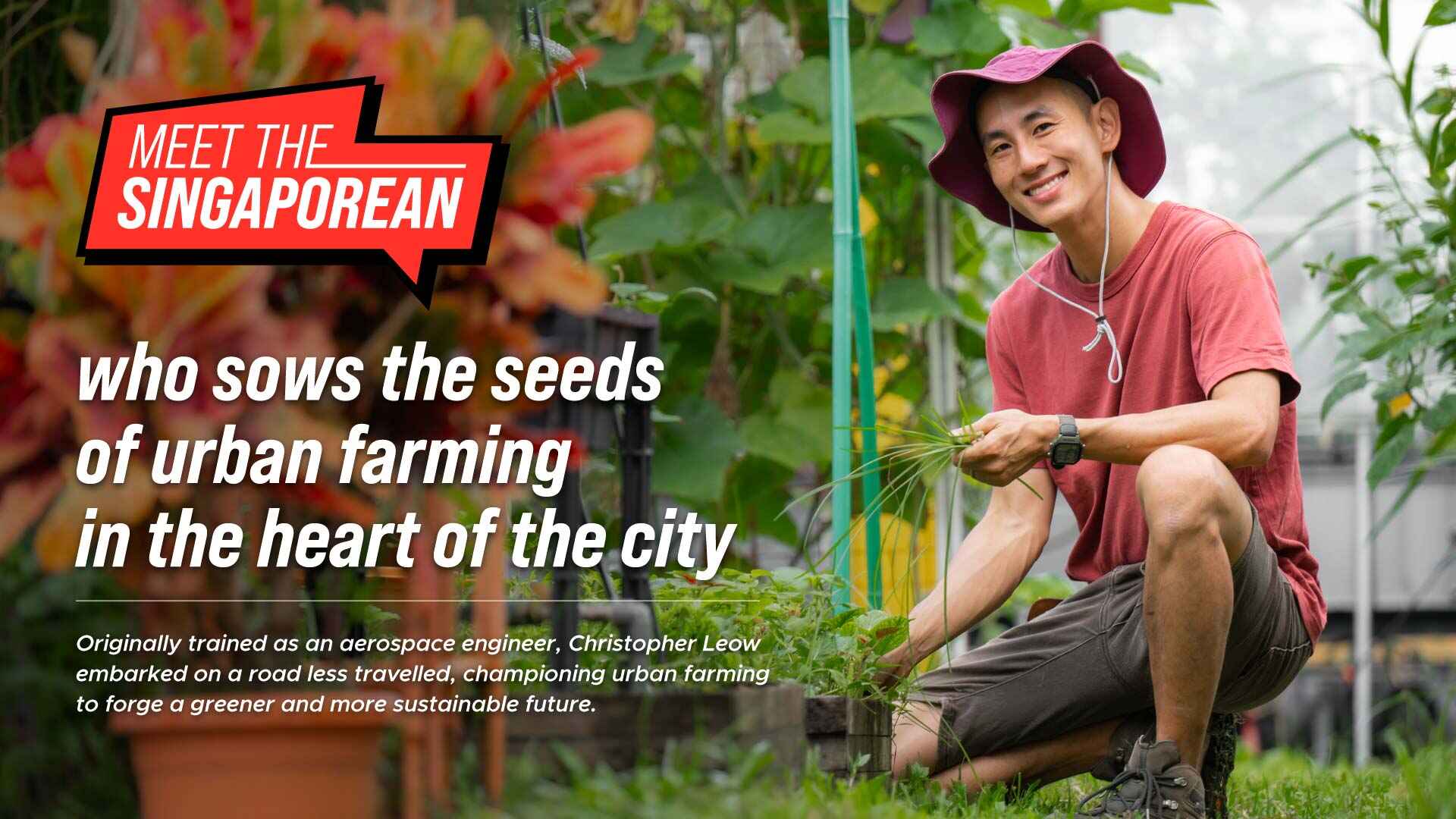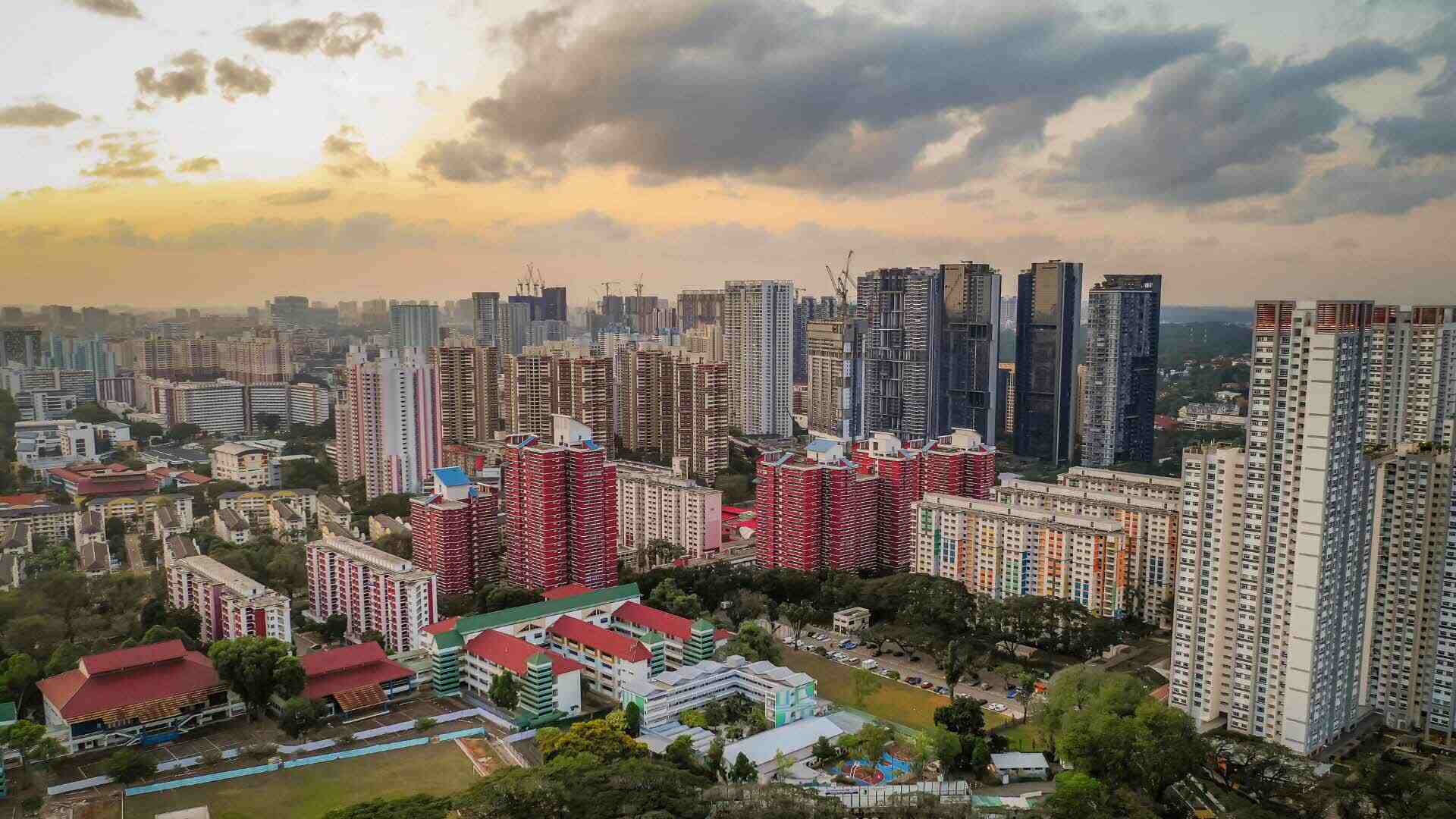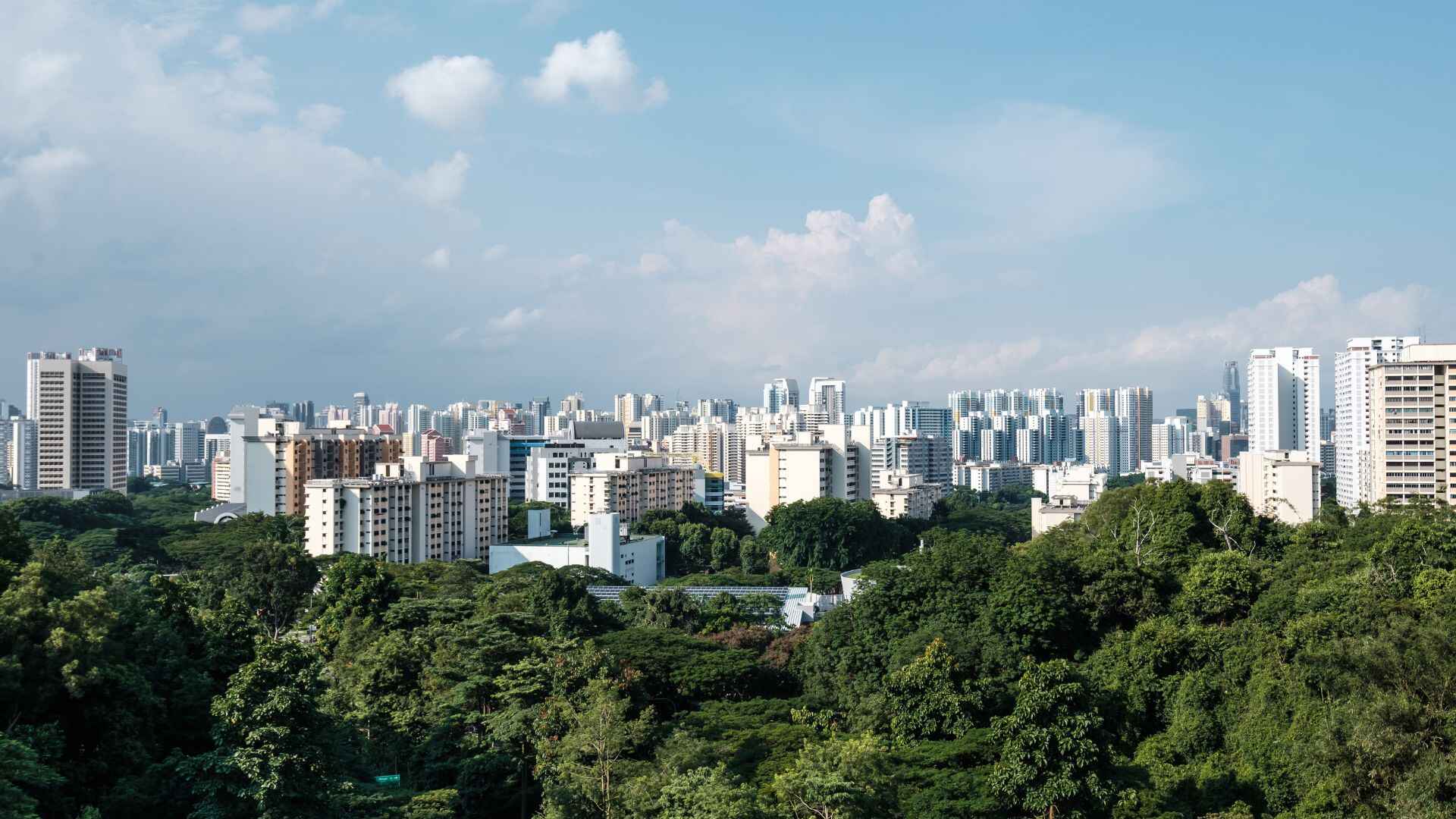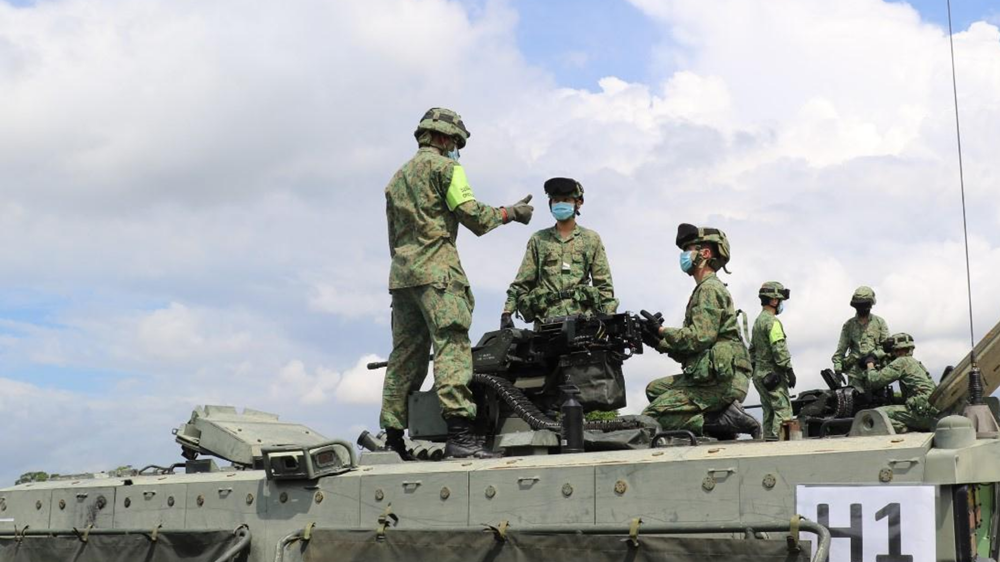
At her President’s Address on 24 August 2020, President Halimah Yacob spoke about Singapore needs to understand and respond to changes in our external and domestic environment.
On 27 August 2020, the Ministry of Defence, Ministry of Law, Ministry of Home Affairs, National Security Coordination Secretariat and Ministry of Foreign affairs outlined their priorities for the new term.
Here’s a look at how the Government plans to secure Singapore at home and abroad.
i. Managing the impact of COVID-19
Ministry of Defence (MINDEF):
- Maintaining the SAF’s operational readiness to defend Singapore, amidst COVID-19
- Continuing to undertake comprehensive safety measures, robust COVID-19 surveillance and testing regimes; to protect our servicemen
- Reviewing and making adjustments to operations and training in the new normal
- Contributing technology and testing solutions, supporting national COVID-19 efforts
Ministry of Law (MINLAW):
- Introducing measures to help small companies restructure or wind down business through simpler, faster and cheaper proceedings
Ministry of Home Affairs (MHA):
- Coordinating the Government’s pandemic response through chairmanship of the Homefront Crisis Executive Group
- Establishing the new Safe Travel Office to oversee, operationalise and streamline processes for safe international travel as Singapore gradually re-opens its borders
- Using science and technology in the fight against COVID-19, eg. screening travellers at our borders
ii. Upholding Singapore’s peace and sovereignty
Ministry of Defence (MINDEF):
- Building the next-generation SAF that harnesses the power of digitalisation, autonomous and unmanned systems, and big data and artificial intelligence; Including creating an integrated cyber force, deploying new land, maritime and aerial platforms, and upgrading training facilities
- Enhancing the National Service (NS) system; eg. Better study matching of skill and experience to vocations and deployment, and revamp the NS journey for a more meaningful and efficient experience
- Enhancing engagement with Singaporeans to strengthen collective commitment to Total Defence and support for NS
Ministry of Home Affairs (MHA):
- Strengthen legislation and regulatory regimes, eg. new Gambling Regulatory Authority, studying legislation to guard against foreign interference in domestic politics
- Leverage technology to better protect Singaporeans, eg. Developing digital forensics and analytics to tackle crime, deploying robots in search-and-rescue and fire-fighting operations
- Enhancing the Home Team’s operational effectiveness through strengthening joint operations and developing joint capabilities
- Partnering the community to prevent scams and other crimes, drug education, supporting the rehabilitation and reintegration of ex-offenders, and counter-terrorism
Prime Minister’s Office (National Security Coordination Secretariat):
- Preparing for potential disruptions in the flow of economic resources
- Conducting research, education and awareness building efforts for public officers on issues that affect social resilience.
iii. Maintaining Singapore’s place in the world
Ministry of Defence (MINDEF):
- Upholding a global system and regional security architecture based on openness, inclusivity, co-operation and respect for international law, through dialogue and partnerships at multilateral platforms
- Enhancing bilateral defence cooperation with partners, eg. defence ties with Malaysia and Indonesia, and other partners like China and the US
Ministry of Foreign Affairs (MFA):
- Strengthening our political, economic and strategic ties; exploring new areas of cooperation
- Developing new areas of cooperation with ASEAN, eg. agri-trade to secure and diversify our supply chains
- Continuing to play a constructive role at multilateral fora including the UN, WHO and WTO; including facilitating the flow of essential goods and promoting vaccine multilateralism
RELATED ARTICLES
We use cookies to tailor your browsing experience. By continuing to use Gov.sg, you accept our use of cookies. To decline cookies at any time, you may adjust your browser settings. Find out more about your cookie preferences here .









